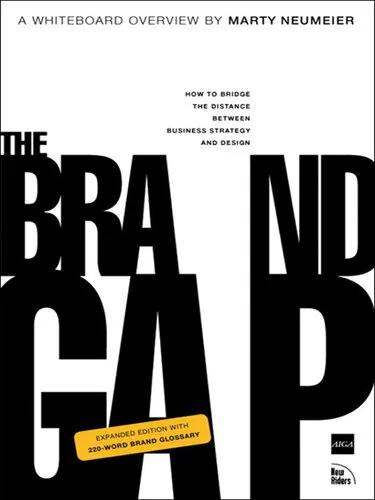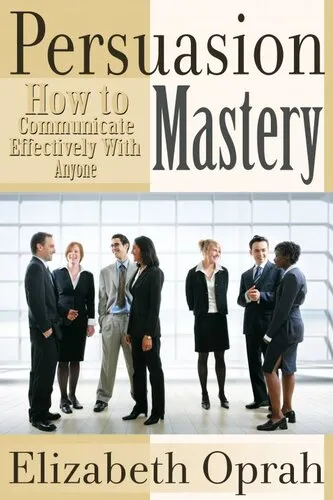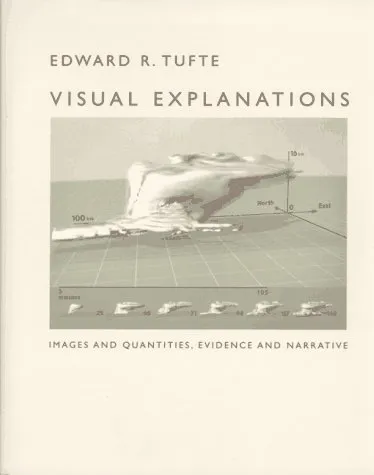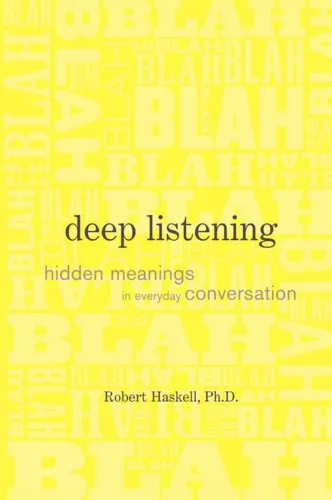p 40 Penguin - Difficult Conversations - How To Discuss What Matters Most
4.5
Reviews from our users

You Can Ask your questions from this book's AI after Login
Each download or ask from book AI costs 2 points. To earn more free points, please visit the Points Guide Page and complete some valuable actions.Related Refrences:
Introduction to "Difficult Conversations - How To Discuss What Matters Most"
In our daily lives, we often find ourselves facing challenging conversations—those emotionally charged discussions we instinctively avoid yet deeply need to have. Whether it's negotiating a raise, confronting a friend, or resolving conflicts with loved ones, navigating these discussions can feel daunting. But avoiding difficult conversations often leads to unresolved tensions and fractured relationships. Written by Douglas Stone, Bruce Patton, and Sheila Heen, "Difficult Conversations - How To Discuss What Matters Most" provides a thoughtful, structured, and empowering framework to approach life’s most challenging but essential dialogs with confidence, empathy, and clarity.
This groundbreaking book blends psychology, negotiation techniques, and communication strategies to offer readers a step-by-step guide for managing conversations that might otherwise feel overwhelming. Rooted in real-world examples and backed by years of research conducted at the Harvard Negotiation Project, this book is designed to help readers build stronger connections, unpack the nuances of interpersonal conflicts, and ultimately transform the way they approach every high-stake interaction. By the end of the book, readers will be prepared to handle tough conversations in any domain of life, from the workplace to personal relationships.
Detailed Summary of the Book
The book’s core premise lies in teaching readers how to confront difficult conversations head-on without fear or defensiveness. It identifies three layers that exist in every difficult conversation:
- The "What Happened?" conversation: Sorting out varying perceptions of events and understanding conflicting viewpoints.
- The feelings conversation: Addressing the emotional toll underlying the exchange without placing blame.
- The identity conversation: Exploring how the issue impacts your sense of self or triggers personal insecurities.
By splitting these aspects apart, the authors teach readers to examine their own role in conflicts, step into the shoes of others, and develop a more objective perspective. The book introduces tools like reframing conversations to focus on shared goals, asking questions to promote understanding, and learning to apologize skillfully when necessary.
Each chapter includes actionable insights, real-life scenarios, and strategies to disarm defensiveness and clear the path to productive communication. The structured methodology offered ensures that even the most entrenched disagreements can be tackled constructively.
Key Takeaways
- Empathy and understanding are at the heart of every successful conversation.
- Difficult conversations often fail due to unspoken emotions and assumptions, which must be addressed explicitly.
- Reframing a difficult interaction as a mutual problem-solving opportunity creates trust and constructive dialogue.
- Separate intentions from impacts: What you mean is not always how others interpret your words.
- Adopt a "learning stance" to encourage cooperation rather than confrontation.
Famous Quotes from the Book
"The single most important skill in any conversation is the ability to listen."
"Difficult conversations are almost never about getting the facts right. They are about conflicting perceptions, interpretations, and values."
"Letting go of a need to persuade allows you to fully understand the other person's emotions and perspective."
Why This Book Matters
In a world increasingly fraught with conflict—whether at work, at home, or in society—developing the ability to have impactful, productive conversations is more vital than ever. "Difficult Conversations" equips readers with the tools to break through emotional barriers, repair fractured relationships, and foster meaningful connections. The book’s emphasis on emotional intelligence and understanding human behavior makes it universally applicable to both personal and professional settings.
Unlike many self-help guides that gloss over the complexities of human relationships, this book dives into the core psychological hurdles we face in conflicts and provides tangible solutions. Its advice is practical, relatable, and easily applicable, whether you’re managing a team, deepening a romantic relationship, or confronting your own fears of rejection and discomfort.
Ultimately, this book matters because it strengthens your ability to communicate authentically, listen empathetically, and emerge from life’s most demanding conversations with stronger relationships and greater self-awareness.
Free Direct Download
You Can Download this book after Login
Accessing books through legal platforms and public libraries not only supports the rights of authors and publishers but also contributes to the sustainability of reading culture. Before downloading, please take a moment to consider these options.
Find this book on other platforms:
WorldCat helps you find books in libraries worldwide.
See ratings, reviews, and discussions on Goodreads.
Find and buy rare or used books on AbeBooks.
1246
بازدید4.5
امتیاز0
نظر98%
رضایتReviews:
4.5
Based on 0 users review
Questions & Answers
Ask questions about this book or help others by answering
No questions yet. Be the first to ask!














